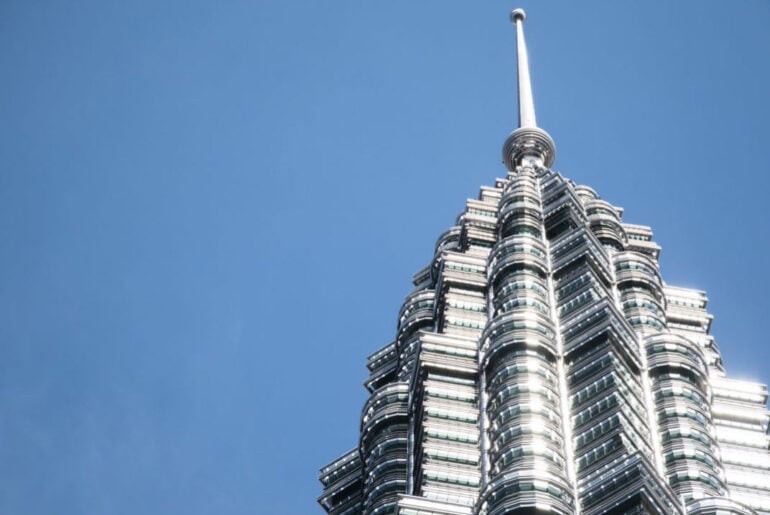“Sustainability Solution EP.2: The First E in ESG – Environmental” is presented by partners from our ESG team: Bulin Sanooj, Ornsiri Samarnmitr and Nam-Ake Lekfuangfu. In this episode, our team discusses the environmental aspect of ESG, recent developments, and why it matters for businesses to pay close attention to these issues now. This video is in Thai with English subtitles.
The ProNDSAM (for its acronym in Spanish) was created on 3 August 2023 by the National Mining Secretariat.
The agency’s objective is to regulate and standardize the publication of mining sector information under international standards. The data will be published weekly, monthly, and in special reports.
Baker McKenzie is proud to present a series of webinars aimed at helping regulators, legal practitioners and business leaders develop a deeper understanding of law and ESG issues in the Asia Pacific region.
On 27 July 2023, through Resolution 621/2023, the National Energy Secretariat called for interested parties to submit offers in the “TerCONF” open call to enter into thermal generation supply agreements with Compañía Administradora del Mercado Mayorista Eléctrico S.A. for a term of up to 15 years. Remuneration contemplates a payment for the availability of the power offered and another one for the energy supplied. The open call seeks to increase the thermal generation of the Argentine Interconnection System, modernize the power plants and their assets located in Tierra del Fuego, and adapt the reserves to accompany the increasing demand.
“Sustainability Solution EP.6: What is the “S” in ESG?” is presented by partners from our ESG and Labour and Employment teams, Nam-Ake Lekfuangfu and Theeranit Pongpanarat. In this episode, our team discusses what the social element means when we talk about the “S” in ESG and why it matters for businesses.
This episode is the latest installment in our YouTube series “Sustainability Solution”, which features regular update of key legal highlights on sustainability and ESG. This video is in Thai with English subtitles
In response to the “MeToo” movement, Taiwan’s Government amended the Act of Gender Equality in Employment (AGEE) on 31 July 2023. The new AGEE amendments will take effect on 8 March 2024.
Welcome to this edition of the “UK: Working with Unions” bulletin designed to keep you updated with key cases and legal developments affecting trade unions and employee representative bodies. This bulletin includes two decisions of the Court of Appeal: (i) on whether the Central Arbitration Committee has jurisdiction to hear complaints post Brexit where the European Works Council’s central management is situated in the UK, and (ii) on whether collective redundancies need a common rationale to constitute a transnational matter requiring consultation with the EWC. This bulletin also covers the successful judicial review challenge against regulations introduced in July 2022 to allow employment businesses to supply workers to cover the duties of those taking part in industrial action, and the Strikes (Minimum Service Levels) Act, which has recently received Royal Assent following much discussion and commentary.
We are pleased to announce that Baker McKenzie has published the FY24 edition of Directors Duties in Australia.
Matters covered in the guide include common law and statutory duties, financial reporting, continuous disclosure, insider trading and other topical issues including managing environmental and cyber security risk.
On 1 August 2023, the National Hydrocarbons Commission (CNH) published in the Federal Official Gazette Accord CNH.04.07/2023 that contains General Guidelines for the Operation of the Electronic Single Window. The purpose of these guidelines is to establish the mechanisms through which a person authorized by CNH may file digital briefs, and the CNH may carry administrative procedures through the Electronic Single Window.
On 27 July 2023, the Malaysian Ministry of Economy has published Part 1 of the National Energy Transition Roadmap (“NETR Part 1”) to effectively manage energy transition. Energy transition signifies a shift from a fossil fuel-dominated energy system to a greener system based on clean and renewable energy sources. The NETR Part 1 sets the direction of the Malaysian government in developing future capabilities and shaping demand in the green energy market, by providing ten flagship catalyst projects based on six energy transition levers.



